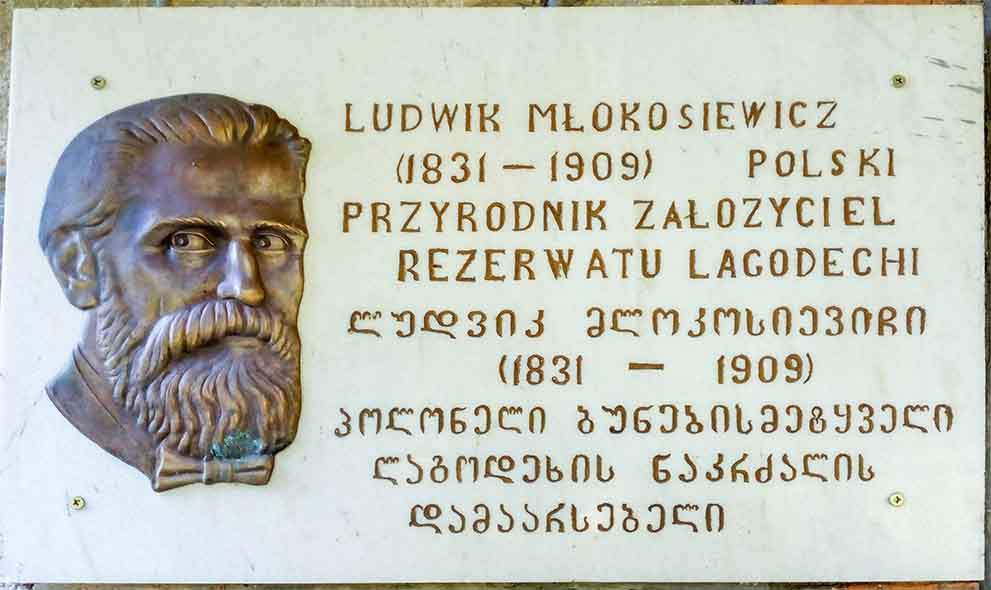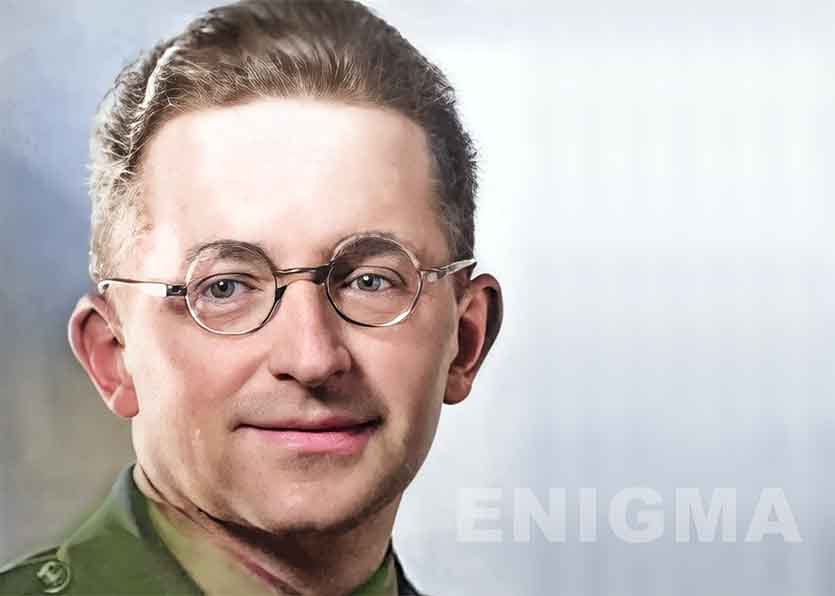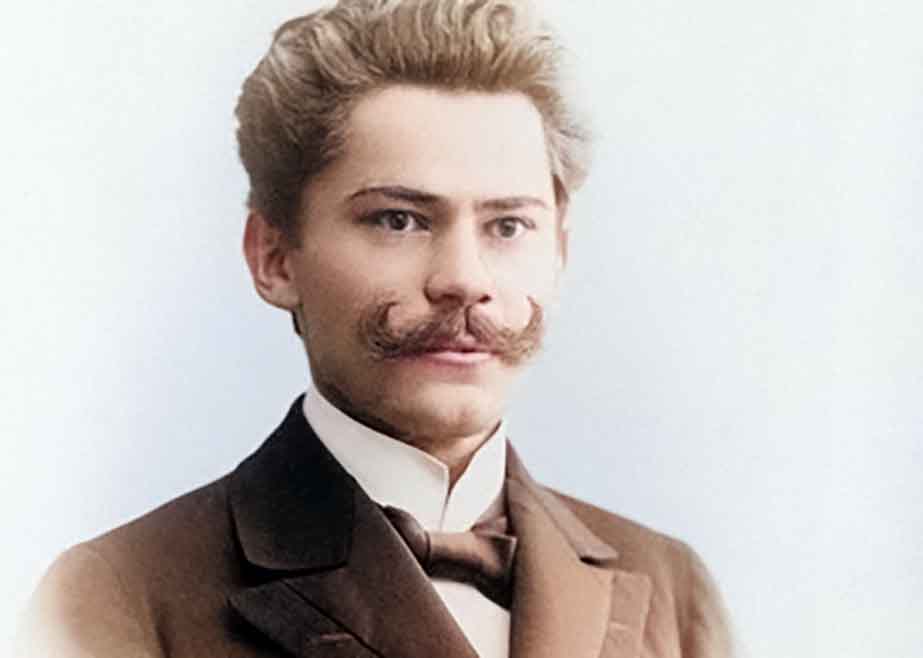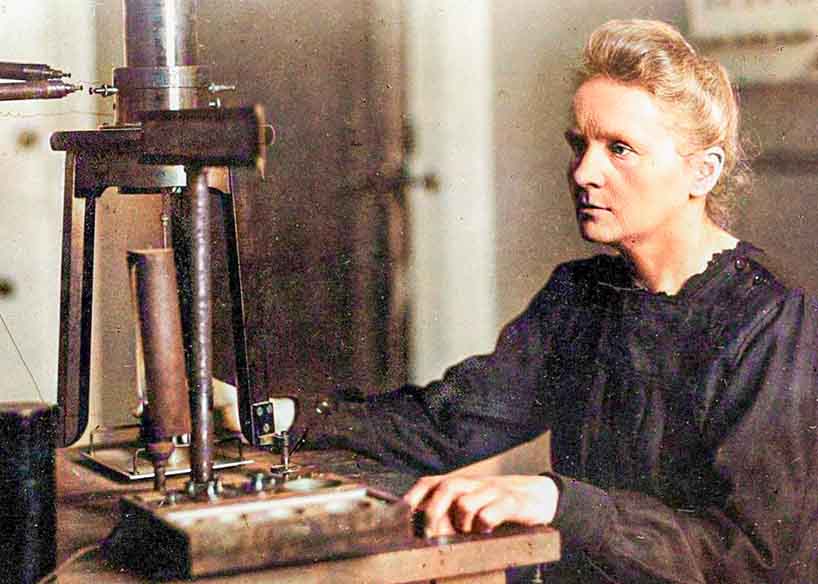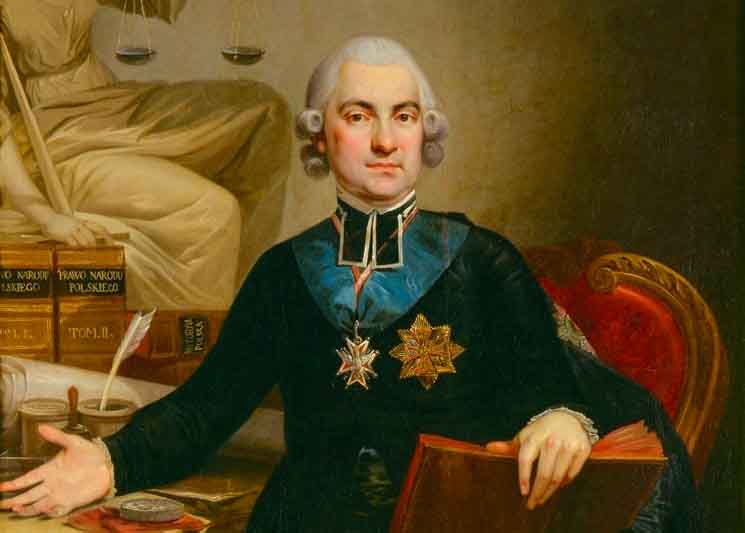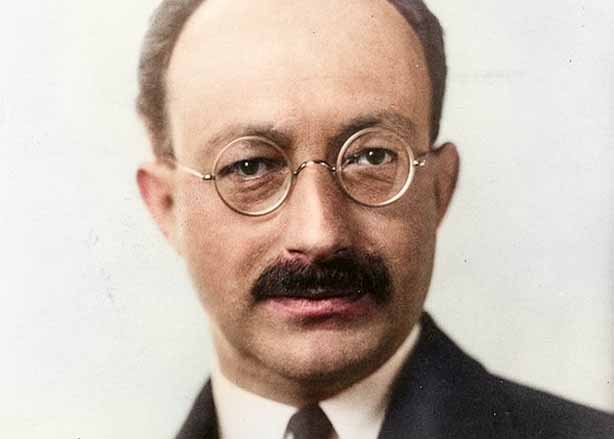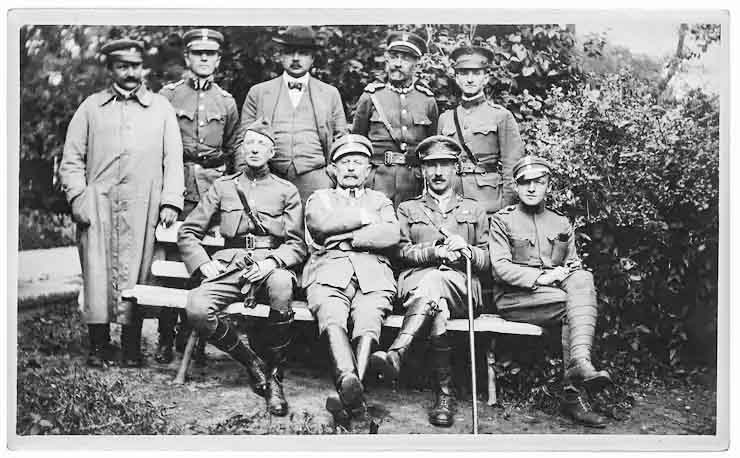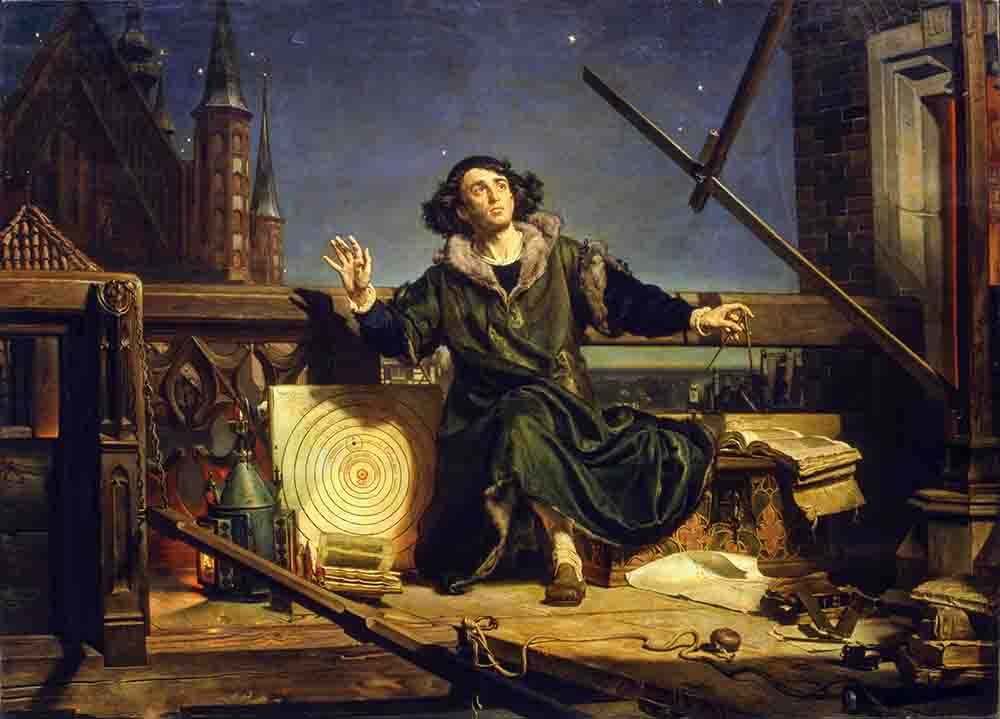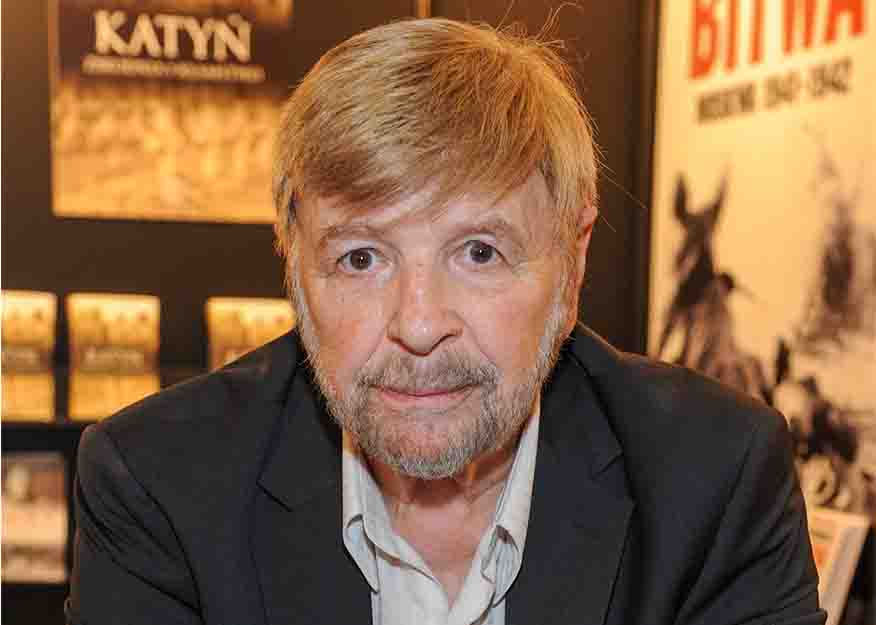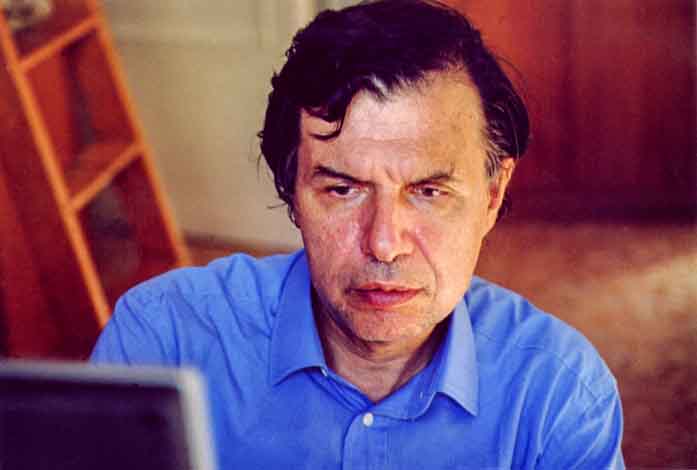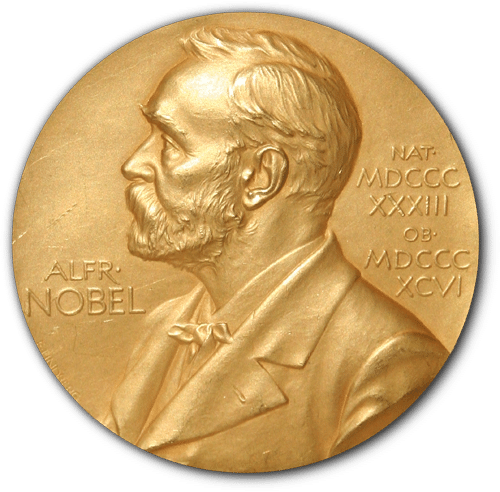He was supposed to be a military man, but the uniform was not his calling. He discovered and introduced to the world some 60 unknown species of flora and fauna. Georgians owe him a unique national park and remember that he was responsible for the creation of what was then Russia's first nature reserve. In Poland, however, Ludwik Młokosiewicz remains completely unknown.
Read more... Reading time 5 min.August 16 marks the 119th anniversary of the birth of Marian Rejewski, an outstanding Polish cryptologist from Bydgoszcz. Within a few weeks, Rejewski had single-handedly achieved what cryptologists from France and England had been unable to do for many years.
Read more... Reading time 7 min.His construction of the bullet-proof vest and the telectroscope placed him in the first row of the most outstanding inventors of the 20th century. He left behind innovations confirmed by more than a hundred patents. Called the 'Edison of Galicia', Jan Szczepanik divided his life between Tarnów and Vienna.
Read more... Reading time 4 min.The world admires Maria Skłodowska-Curie, but instead of connecting her with Poland, her home country, it most often connects her with France, where she spent most of her life. We write about a great Pole, a resident of Warsaw, a woman of unique personality, and what each of us should do to refresh the memory of the Nobel Prize winner on the 90th anniversary of her death on July 4.
Read more... Reading time 5 min.We are all directly and indirectly connected with education. We are teachers, students, parents of students, givers, and recipients of what we, as students, acquired during our education.
Read more... Reading time 6 min.Dr. Ludwik Rajchman (1884-1965) — a remarkable but lesser-known physician, played a pivotal role in revolutionizing medical practice on a global scale.
Read more... Reading time 4 min.After World War I, the United States provided the countries of devastated Europe with multi-million dollar aid transferred as financial aid, food, clothing, or technical advice. Poland was affected not only by the effects of the Great War (1914-1918) as its major battleground, but also by the consequences of the Bolshevik invasion and infectious disease epidemics ravaging Poland at the time. It was one of the countries receiving help.
Read more... Reading time 6 min.Nicolaus Copernicus is "the man who stopped the Sun and moved the Earth", as he is commonly referred to. However, this was someone with truly versatile interests who thoroughly revolutionized science. This year marks the 550th anniversary of his birth.
Read more... Reading time 10 min.It was with great sadness that I received the news that H.E. Shevah Weiss had passed away. A wonderful man, a Jew, an Israeli patriot who loved and respected Poland. Knight of the Order of the White Eagle. A great loss for us and for Polish-Israeli relations. RIP.
Read more...On December 5th, 2022, the first nuclear fusion experiment with significant energy gains was conducted at the US National Ignition Facility (NIF) in Livermore, California. What is nuclear fusion and how did the scientists achieve such a feat?
Read more...All three winners this year received an award for research into chaotic and seemingly random phenomena and their modeling. Giorgio Parisi has been awarded for his revolutionary contribution to the theory of disordered materials and random processes. Syukuro Manabe and Klaus Hasselmann laid the foundations for our understanding of the Earth's climate and how humanity affects it.
Read more... Reading time 10 min.Andrzej (Andrew) Woźniewicz
Alfred Bernhard Nobel, the Swedish inventor and founder of the famous Prize by his name, was a rather controversial figure. He was a loner, living in isolation, traveling a lot, never got married, had few friends, and was very distant with his family. Politically conservative, for example, he was against allowing women to vote, and was not particularly liked as a manager. Once he became seriously ill, the only person who visited him was his employee. He lived in hotels and in his laboratories, which is why Victor Hugo called him "the richest vagabond in Europe".
Read more...


